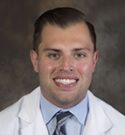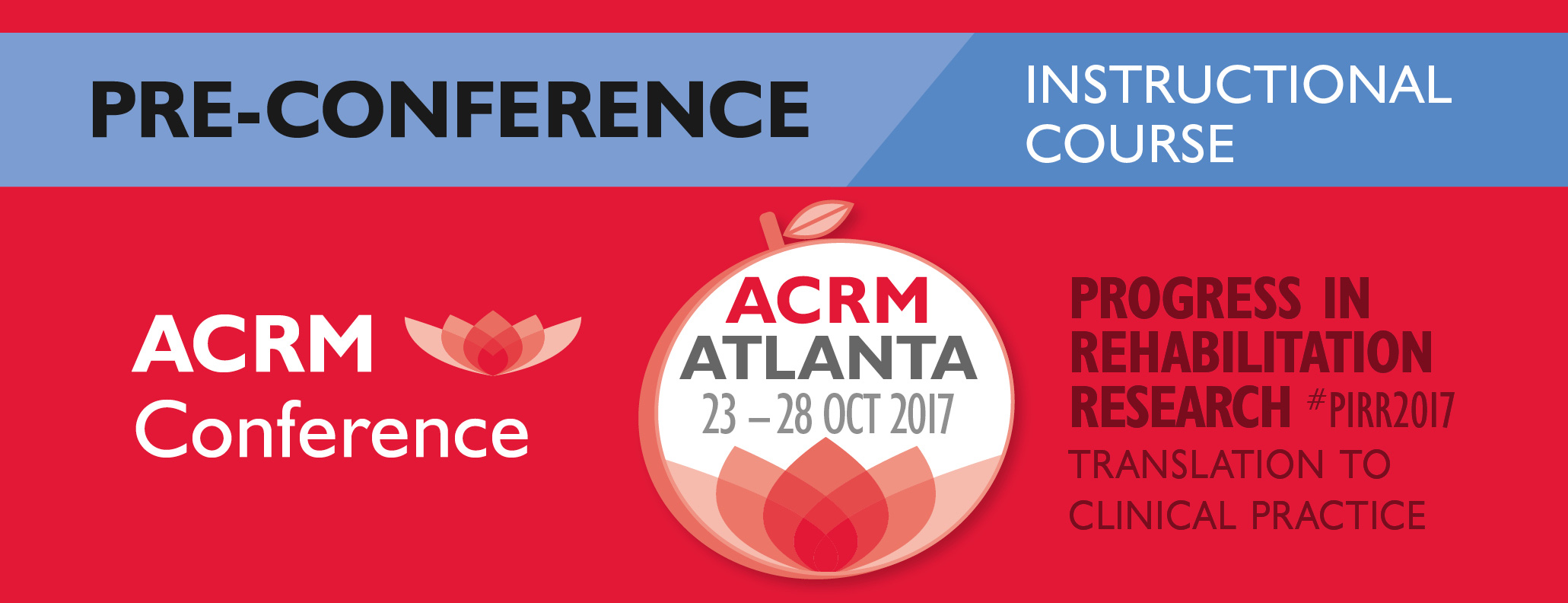TUES 24 OCT // 1:30 PM – 5:30 PM
Primary Content Focus: Clinical Practice (assessment, diagnosis, treatment, knowledge translation/EBP, implementation science, program development)
Secondary Content Focus: Brain Injury
Unlike moderate to severe traumatic brain injuries (TBI), recovery from mild TBI is not directly related to severity of injury. Recovery from concussion is related to pre and post-morbid cognitive, physiological, and psychological variables. The goal of this course is to provide a review of concussion management in order to either prevent post concussion syndrome (PCS) or improve functioning in those with PCS symptoms. While the material presented will be applicable to all individuals with concussion; a special focus will be on challenges in treating veterans, and considerations in assessment and treatment of athletes regarding return to play/retiring from sport.
LEARNING OBJECTIVES
- Identify key methods for clinical assessment of concussive injury as well as risk factors for development of protracted symptoms
- Educate providers and patients regarding pre- and post-morbid factors that can contribute to protracted symptom recovery
- Describe the importance of interdisciplinary consultation and consistency to provide most effective treatment for post-concussion syndrome
- Explain special considerations in working with veterans and when working with athletes regarding returning to sport
PRESENTERS
Suzanne Penna, PhD, ABPP-CN
Emory University School of Medicine
Logan Kaleta, PsyD, CIC
Emory University School of Medicine
BIOS

Dr. Suzanne Penna is a clinical neuropsychologist and Assistant Professor in the Department of Rehabilitation Medicine at Emory University School of Medicine. She received her undergraduate degree from Emory University in Psychology in 1998, completed her doctorate in Clinical Psychology at Georgia State University in 2005, neuropsychology internship at Yale University, and neuropsychology fellowship at the University of Alabama Birmingham (UAB) at the Spain Rehabilitation Hospital. Prior to coming to Emory, she worked first at the Walter Reed Army Medical Center, and then at the Atlanta VA Medical Center from 2008-2014. Her clinical specialty is the assessment of cognitive and emotional functioning with individuals with acquired brain injury and other neurological disorders. She has worked in a multitude of settings assessing TBI, including a TBI Model Systems center with a focus on severe TBI, active duty and veteran hospitals, and a sports concussion clinic with a focus on mild TBI. Research interests include rehabilitation of brain injury, with a more recent focus on the clinical profile and effective treatment of mild traumatic brain injury through education and interdisciplinary communication. Dr. Penna has given numerous regional and national presentations on traumatic brain injury, and is actively involved in teaching at the Emory School of Medicine where she teaches two semester-long courses in the Division of Physical Therapy.

Dr. Logan Kaleta is the Attending Inpatient Rehabilitation Psychologist at Emory Rehabilitation Hospital and Assistant Professor in the Department of Rehabilitation Medicine at Emory University School of Medicine. He earned his doctorate from Nova Southeastern University, and completed his fellowship in Rehabilitation Psychology at Tampa General Hospital. He has been a Credentialed ImPACT Consultant since 2016. His clinical interests include helping individuals and their families recover after brain and orthopedic injuries, concussion management, sports psychology, and performance enhancement. He is a part of several national committees dedicated towards improving the practice of both Rehabilitation and Sports Psychologists.
ACRM Annual Conference, Progress in Rehabilitation Research (PIRR#2017)
CORE: 25 – 28 OCT 2018 // HILTON ATLANTA, USA // PRE-CONFERENCE 23 – 25 OCT
REGISTER ONLINE HERE or Register by Phone: +1.703.435.5335
 |
 |
 |
 |











